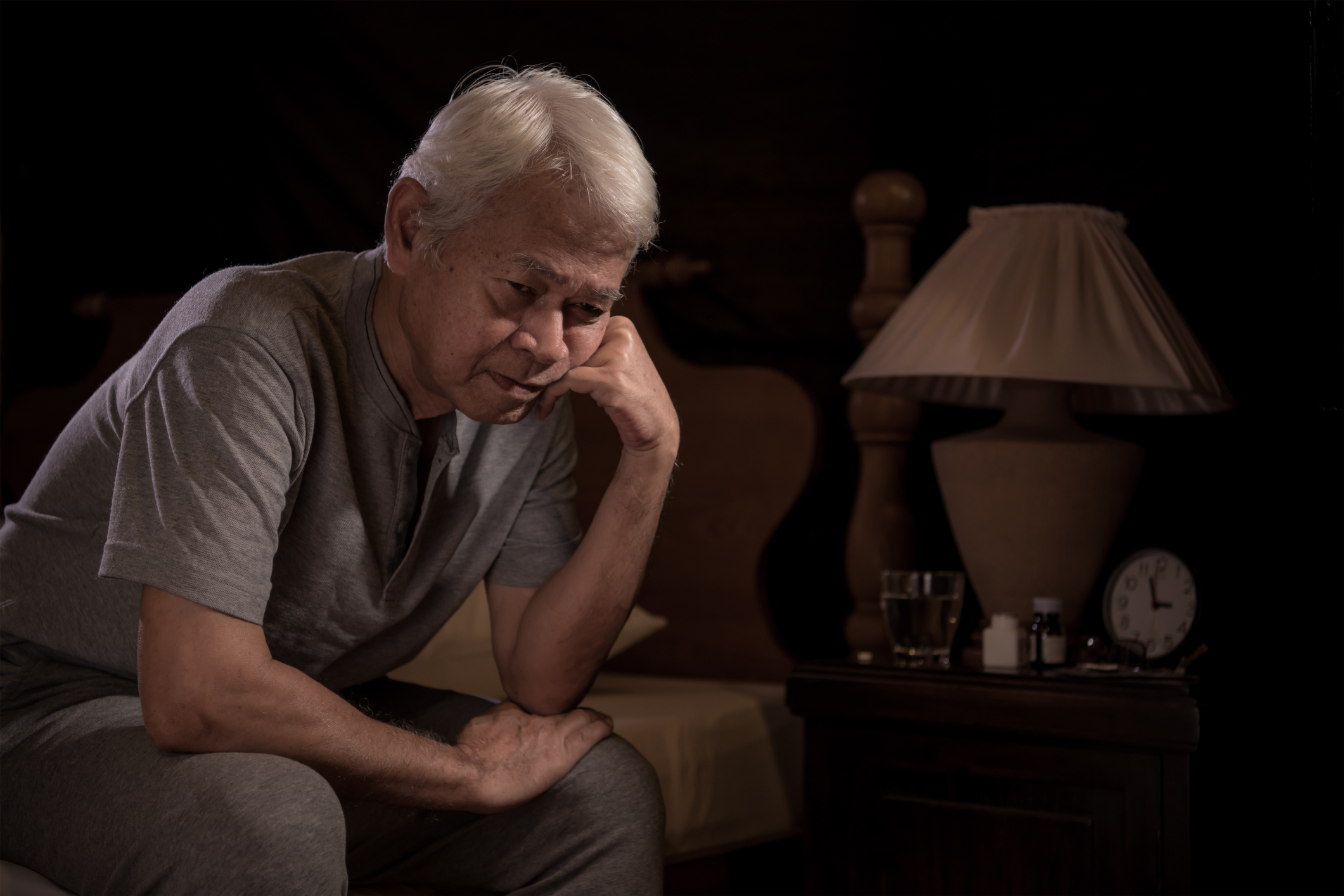Even when we practice good habits to prepare for a restful night’s sleep, it’s not uncommon to wake in the middle of the night around 3:30 a.m. and have trouble getting back to sleep. While there may be physiological reasons for waking up in the early hours, often the explanation may have more to do with natural human sleep patterns.
Some say this fractured sleep cycle harkens back to our ancestors who had to get up during the night to stoke the fire for warmth. Maintaining a solid 8-hour sleep can also be difficult for adults who suffer from sleep apnea, heartburn, chronic pain or women experiencing menopausal night sweats.
The “Witching Hour”, commonly accepted as 3 a.m. in European folklore, is thought to be a time when spirits could travel among worlds and the veil between life and death was at its thinnest. This explanation for why so many people wake at this hour may seem a little far-fetched today; it also may be the time the body transitions from deep sleep into a lighter sleep and it becomes easier to be woken.
According to a National Sleep Foundation poll, more than half of Americans between the ages of 13 and 64 say they experience a sleep problem every night or almost every night. If you are one of the unlucky to wake frequently during the night, you are not alone. But there are some strategies to help improve sleep and rise in the morning feeling more rested. In addition to limiting caffeine, turning off devices an hour before bedtime and getting outdoors during daylight hours, it may be helpful to write down any thoughts or concerns to calm a worried mind.
If staying in bed, without looking at a phone or tablet, in a dark room doesn’t work to help you fall back asleep, after 20 minutes of tossing and turning it may be more helpful to leave the bedroom and read somewhere else for a short time. A cool environment with some white noise like a fan and practicing breathing exercises or other relaxation techniques can also calm the body and brain. Wearing socks to bed and keeping warm under a weighted blanket may also shorten the time it takes to fall back asleep.
Experts also recommend going to bed later at night if you regularly wake in the very early hours of the morning. Your body may not need as much sleep as you think, but it isn’t helpful to be up in the dark when nobody else is awake and it starts the cycle over again the next day. Trying extending your waking hours by reading at night, listening to music or taking a warm bath.
Learn more about how to fall, and stay asleep, with Good Night: The Sleep Doctor’s 4-week Program to Better Sleep and Better Health by Dr. Michael Breus.






Add Your Voice
0 Comments
Join the Discussion